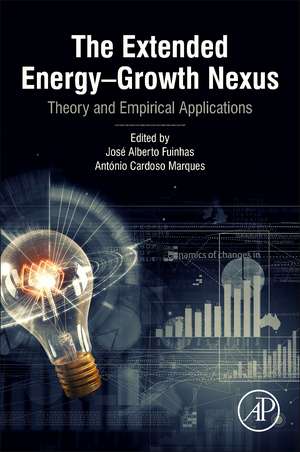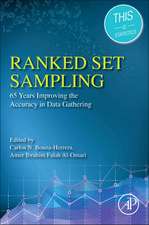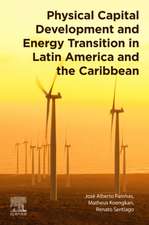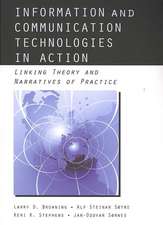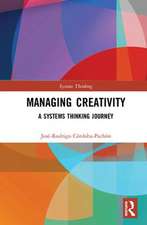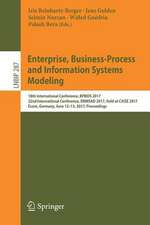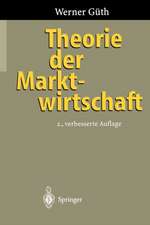The Extended Energy–Growth Nexus: Theory and Empirical Applications
Editat de Jose Alberto Fuinhas, António Cardoso Marquesen Limba Engleză Paperback – 10 iun 2019
- Primes researchers to understand advanced literature and current methodologies within the energy-growth nexus
- Provides a rich set of working tools for econometricians working on real-world energy and growth problems
- Accompanied by representative databases and illustrative Stata and EViews code, facilitating replication and use
Preț: 561.14 lei
Preț vechi: 785.42 lei
-29% Nou
Puncte Express: 842
Preț estimativ în valută:
107.38€ • 112.39$ • 89.37£
107.38€ • 112.39$ • 89.37£
Carte tipărită la comandă
Livrare economică 24 martie-07 aprilie
Preluare comenzi: 021 569.72.76
Specificații
ISBN-13: 9780128157190
ISBN-10: 0128157194
Pagini: 332
Dimensiuni: 152 x 229 x 15 mm
Greutate: 0.45 kg
Editura: ELSEVIER SCIENCE
ISBN-10: 0128157194
Pagini: 332
Dimensiuni: 152 x 229 x 15 mm
Greutate: 0.45 kg
Editura: ELSEVIER SCIENCE
Public țintă
Graduate students and 1st year PhD students, researchers and practitioners in the fields of energy economics and economic growthCuprins
1. Energy-growth nexus and economic development: a quantile regression for panel data2. On the augmented energy-growth nexus: Electricity generation, waste, and CO2 emissions in Latin America and Caribbean countries: A panel ARDL approach3. Income inequality, globalization, and economic growth: A panel VAR approach for Latin American countries4. The impacts of China’s effect and globalization on the augmented energy-nexus: evidence in four aggregated regions5. The effect of fiscal and financial incentive policies for renewable energy on CO2 emissions: The case for the Latin American region6. Energy-growth nexus, domestic credit and environmental sustainability: A panel causality analysis7. The relationship between financial openness, renewable and non-renewable energy consumption, CO2 emissions, and economic growth in the Latin American countries: An approach with a PVAR model8. The interactions between conventional and alternative energy sources in the transport sector: A panel of OECD countries9. Daily management of the electricity generation mix in France and Germany
